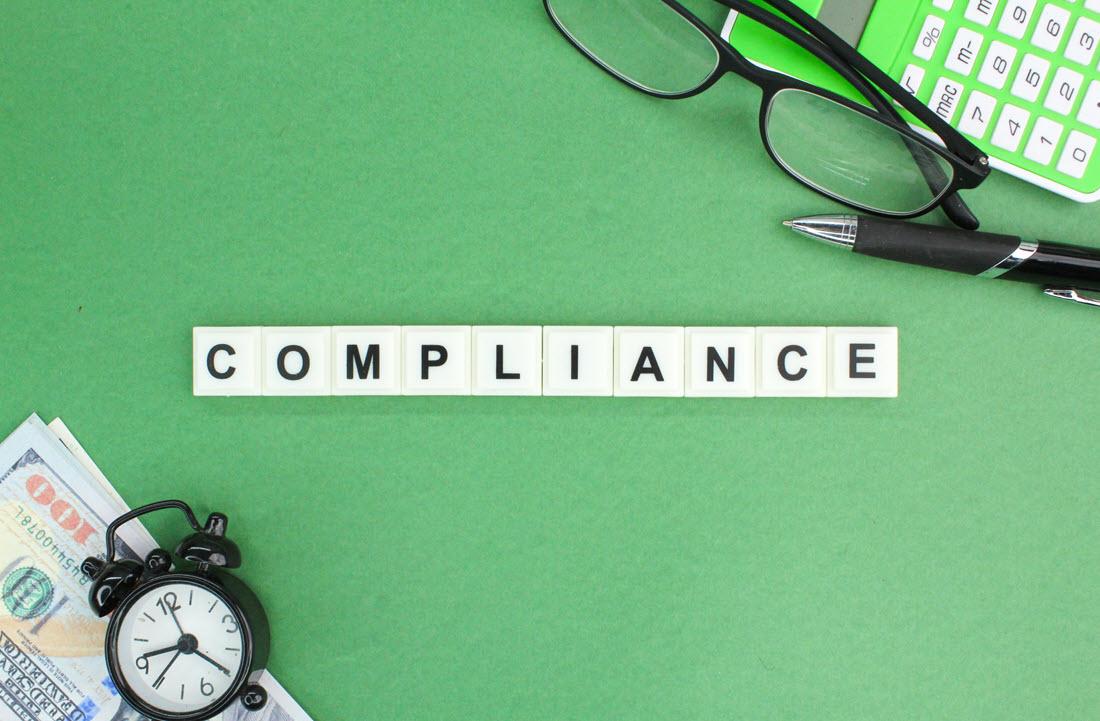Sample Checklist of Administrative Safeguards for HIPAA Compliance
Sample Checklist of Administrative Safeguards for HIPAA Compliance
In order to comply with HIPAA, a company must have administrative protections because they serve as the cornerstone of its comprehensive security program. They cover the regulations for workforce development, incident response planning, and the administration of protected health information stored electronically (ePHI). Healthcare organizations can make sure that their staff members are aware of their duties, comprehend the risks involved, and take the necessary actions to maintain compliance by putting in place administrative safeguards. The check list that follows is often used by compliance professionals to confirm that adequate administrative measures are in place to adhere to HIPAA regulations and preserve sensitive patient data.
-
- Risk assessment and management:
- Conduct regular security risk assessments to identify potential threats and vulnerabilities.
- Implement risk management policies and procedures to address identified risks.
- Workforce security:
- Develop and maintain policies and procedures for granting and removing access to ePHI.
- Establish a process for regularly reviewing and updating workforce access permissions.
- Security awareness and training:
- Provide regular security awareness training for all employees and contractors.
- Implement ongoing training programs to keep staff informed of the latest threats and best practices.
- Security incident procedures:
- Develop and maintain an incident response plan for handling security incidents.
- Train staff on incident detection, reporting, and response procedures.
- Contingency planning:
- Establish a comprehensive contingency plan that includes data backup, disaster recovery, and emergency mode operation plans.
- Regularly test and update the contingency plan to ensure its effectiveness.
- Evaluation:
- Periodically evaluate the effectiveness of security policies, procedures, and safeguards.
- Update security measures as needed based on the results of the evaluation.
- Business associate agreements:
- Develop and maintain written agreements with business associates to ensure they comply with HIPAA requirements when handling ePHI.
- Regularly review and update business associate agreements as needed.
- Information access management:
- Implement role-based access control (RBAC) to limit access to ePHI based on job responsibilities.
- Establish policies and procedures for managing access to ePHI.
- Documentation and recordkeeping:
- Maintain documentation of security policies, procedures, and risk assessments.
- Retain records of security measures and incidents as required by HIPAA regulations.
- Risk assessment and management:
This checklist offers a comprehensive overview of the administrative safeguards that compliance experts should consider when implementing HIPAA requirements. These measures help establish a solid foundation for an organization’s security program and ensure the protection of sensitive patient information.


